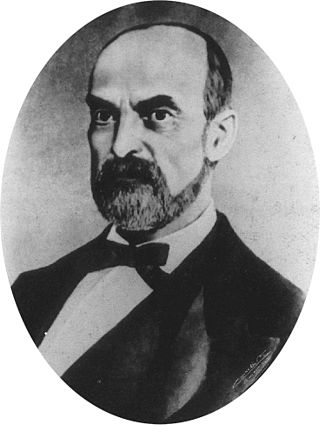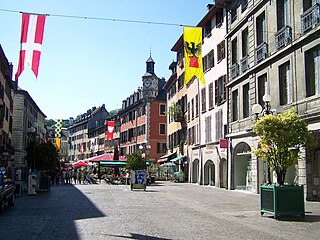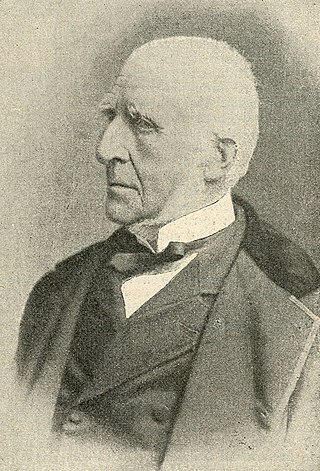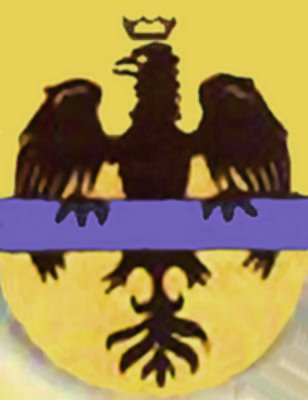
Augusta Ada King, Countess of Lovelace was an English mathematician and writer, chiefly known for her work on Charles Babbage's proposed mechanical general-purpose computer, the Analytical Engine. She was the first to recognise that the machine had applications beyond pure calculation.

The analytical engine was a proposed mechanical general-purpose computer designed by English mathematician and computer pioneer Charles Babbage. It was first described in 1837 as the successor to Babbage's difference engine, which was a design for a simpler mechanical calculator.
Multiprocessing is the use of two or more central processing units (CPUs) within a single computer system. The term also refers to the ability of a system to support more than one processor or the ability to allocate tasks between them. There are many variations on this basic theme, and the definition of multiprocessing can vary with context, mostly as a function of how CPUs are defined.

Luigi Federico Menabrea, later made 1st Count Menabrea and 1st Marquess of Valdora, was an Italian statesman, general, diplomat, and mathematician who served as the seventh prime minister of Italy from 1867 to 1869.

Domenico Giovanni Giuseppe Maria Lanza was an Italian politician and the eighth prime minister of Italy from 1869 to 1873.

Chambéry is the prefecture and largest city of the Savoie department in the Auvergne-Rhône-Alpes region of southeastern France. The population of the commune of Chambéry was 59,172 as of 2020, while the population of the Chambéry metropolitan area was 255,790. The city is located at the foot of the French Alps between Bauges and Chartreuse mountains, making Chambéry an important railway and highway crossroads.

Scientific Memoirs, Selected from the Transactions of Foreign Academies of science and Learned Societies and from Foreign Journals was a series of books edited and published by Richard Taylor (1781–1858) in London between 1837 and 1852.
Events from the year 1843 in the United Kingdom.
General elections were held in Italy on 10 March 1867, with a second round on 17 March. Before the elections, Bettino Ricasoli resigned as Prime Minister due to a disagreement with the Chamber; the Chamber disapproved of his agreements with the Vatican regarding the repatriation of certain religious properties. These snap elections resulted in Urbano Rattazzi being elected once again to office.

Luigi Ferraris was an Italian politician, who was Senator and minister in the Kingdom of Italy.

Lionel Désiré-Marie-René-François de Moustier was a French diplomat and politician.

The Menabrea II government of Italy held office from 5 January 1868 until 13 May 1869, a total of 494 days, or 1 year, 4 months and 8 days.

The Menabrea III government of Italy held office from 13 May 1869 until 14 December 1869, a total of 215 days, or 7 months and 1 days.

A naval arms race between the Austrian Empire and Italy began in the 1860s when both ordered a series of ironclad warships, steam-propelled vessels protected by iron or steel armor plates and far more powerful than all-wood ships of the line. These ships were constructed to establish control over the Adriatic Sea in the event of a conflict between the two countries.

The Minister of War of Italy, was the minister responsible for the Ministry of War and the Royal Italian Army. The position was abolished with the creation of the position for Minister of Defence.

Count Raffaele Ulisse Barbolani was an Italian diplomat and journalist, Secretary General of the Ministry of Foreign Affairs (1867–1869) and passionate about Japanese Culture.














